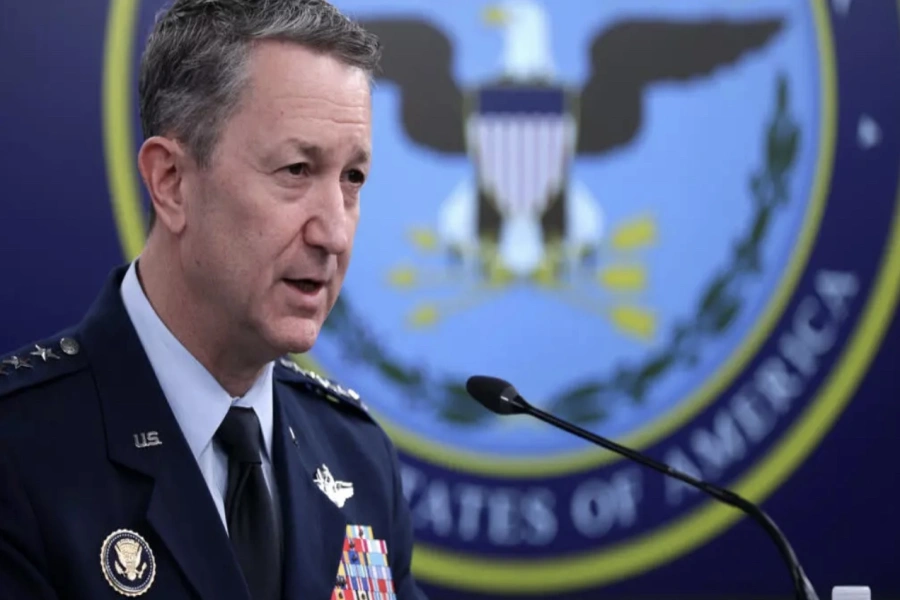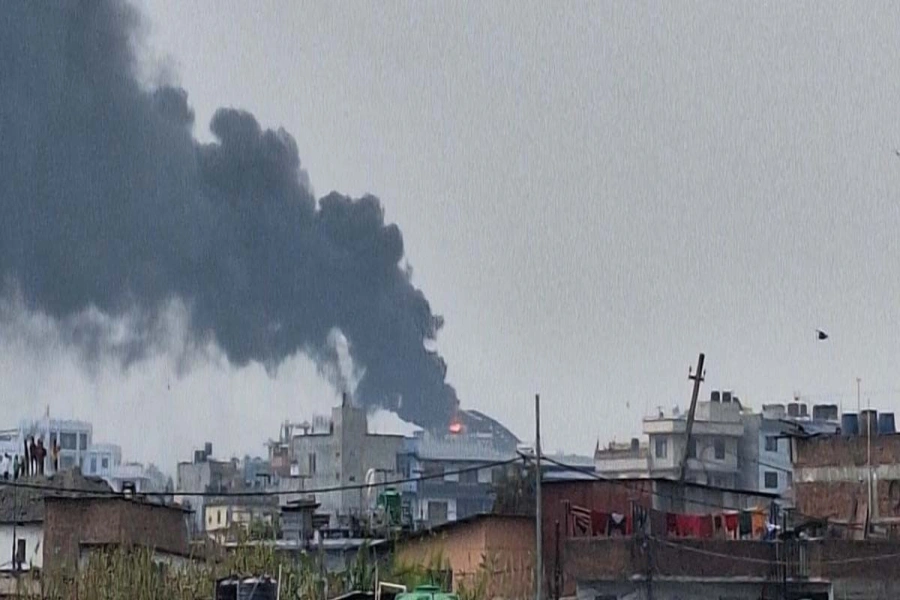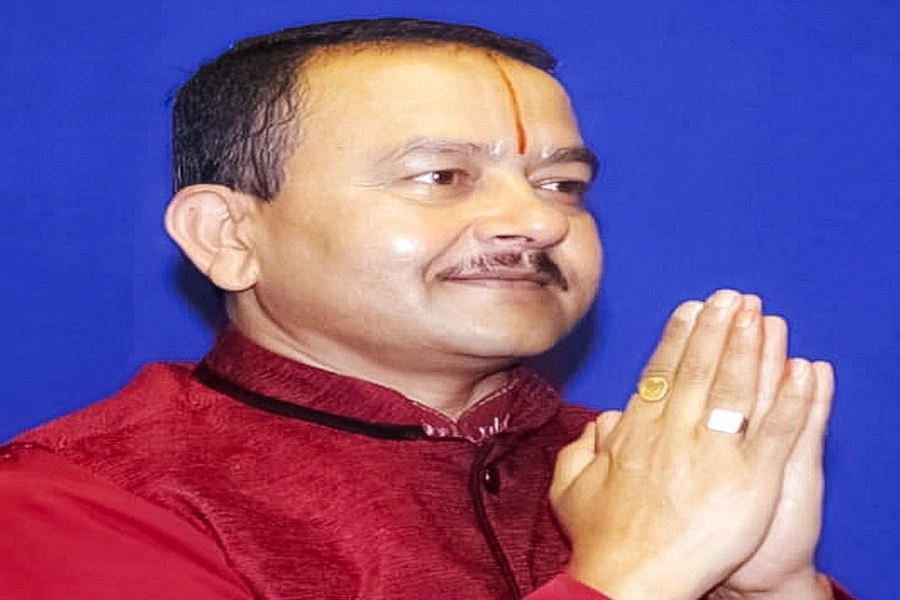We are alarmed by the flaring up of violence in various universities, especially Dhaka University, following nationwide protests demanding quota reforms in government jobs. The prime minister, in a press conference on Sunday, had said that as long as the protesters remained peaceful, they could continue their demonstration. But then, in clear contrast to her statement and quite shockingly, if we may add, Awami League General Secretary Obaidul Quader said that Chhatra League would give the student protesters "a fitting response," which was a clear call for violence, examples of which we have seen before. Initially, the government handled the protests with relative maturity. However, in recent days, we heard several government ministers indicating that it was preparing to handle the protests with a much heavier hand. Following the prime minister's press conference, hundreds of university students came out at night to protest what they said was a "disparaging comment" aimed at them. And as they continued their protests during the day, Chhatra League activists swooped upon them, beating the protesters indiscriminately with iron rods, sticks, and other weapons, leaving nearly 100 students injured. We strongly condemn such violence.
The question naturally arises as to why the AL secretary general would want to quash citizens' grievances instead of resolving them through a constructive dialogue, or why he would call up Chhatra League to deal with a law enforcement issue, and not the police. The quota issue is a complex matter—with quotas existing in many countries to help underprivileged groups. But what started off as that has been labeled as a matter between "pro-liberation" vs "anti-liberation" forces—which is unfortunate and completely unnecessary. It is a perfect case of an important issue being totally mishandled. Here, it is important to mention that the government could have avoided the recent developments by listening to the legitimate demands to reform the quota system back in 2018, instead of doing away with all quotas, as it did. Back then, the government failed to recognise the genuine concerns of the young people, and that is what has brought us to this debacle now. What's equally unfortunate is that similar to the time of the 2018 movement, Chhatra League has once again been used to unleash merciless beatings on students, whose concerns are being thrown out the window with disdain.
The Politics of Quotas

It is essential for the government to not repeat the same mistakes it had made during the 2018 quota movement. The High Court, in a portion of its judgment on the quota system, said that the government can change, reduce or increase the ratio or percentage of the quotas in public jobs if it feels it necessary to do so. As such, it should immediately sit with the protesters and, by involving experts and other stakeholders, reform the quota system in a way that is acceptable to all and in line with the purpose of giving quotas. Moreover, the ruling party must rein in BCL activists, instead of using them as a mercenary force against the students.
Source: Daily Star (Bangladesh)






-1200x560-1772467693.webp)






























